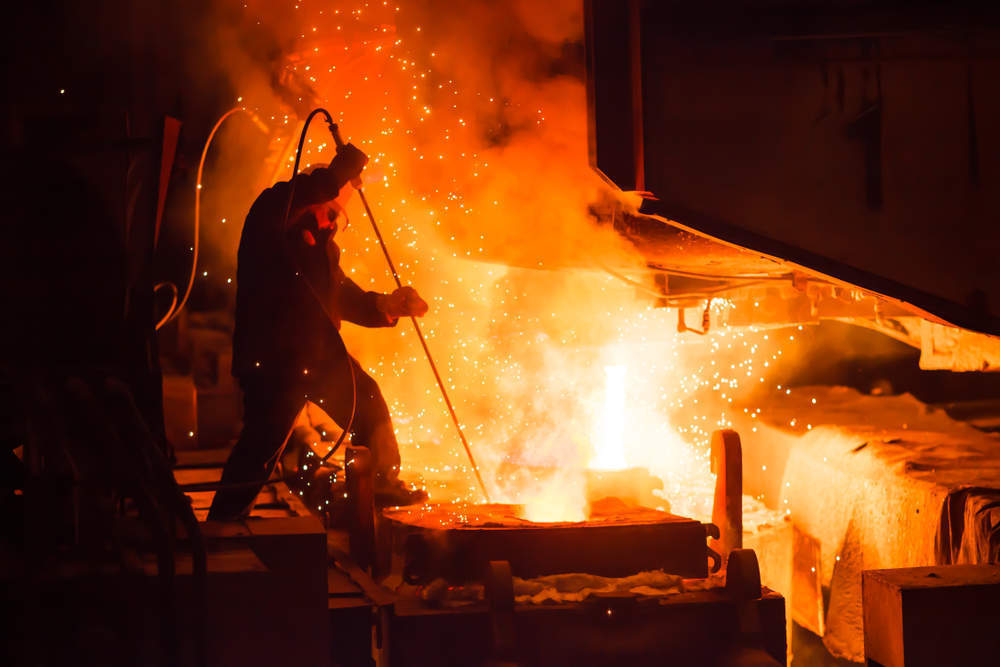
The US will decide at the end of May whether Europe’s current exclusion from steel tariffs will be extended — and it doesn’t look likely.
Cecilia Malmstrom, the European Union’s trade commissioner, was quoted by the Financial Times going into a meeting of trade ministers in Brussels, saying the EU was bracing for “some sort of decision” from the US administration.
Malmstrom told the FT:
We have to prepare for different scenarios. But we are under the impression that somehow they want to limit steel imports to the US.
Malmstrom added that the talks could cover “tariffs on industrial goods, including cars … But that is under the condition that we are exempted from these tariffs.”
The EU’s 28 member states’ trade ministers will discuss a plan today to limit EU-US trade deal, as well as opening up the European market to US natural gas – if the exemption is granted.
How well do you really know your competitors?
Access the most comprehensive Company Profiles on the market, powered by GlobalData. Save hours of research. Gain competitive edge.

Thank you!
Your download email will arrive shortly
Not ready to buy yet? Download a free sample
We are confident about the unique quality of our Company Profiles. However, we want you to make the most beneficial decision for your business, so we offer a free sample that you can download by submitting the below form
By GlobalDataEurope was hit by the shock trade tariffs in March, part of US President Donald Trump’s protectionist trade war with its allies, including Canada, Mexico, and Japan.
The duties include a 25% tax on imported steel and 10% on aluminium in March.
EU President Donald Tusk told reporters following last week’s summit in Sofia:
The EU is ready to talk about trade liberalisation with our American friends but only if the US decides an unlimited exemption from steel and aluminium tariffs.
It’s thought Germany is keen to secure a deal with the US to protect its export-reliant economy, while France is minded to dig in its heels in the face of the US pressure tactics.
Earlier this month, the EU criticised Trump for only delaying the imposition of steel and aluminium tariffs until 1 June rather than cancelling the duties outright.
The European Commission said in a statement:
The US decision prolongs market uncertainty, which is already affecting business decisions.
Overcapacity in the steel and aluminium sectors does not originate in the EU. On the contrary, the EU has over the past months engaged at all possible levels with the US and other partners to find a solution to this issue.
The EU has also consistently indicated its willingness to discuss current market access issues of interest to both sides, but has also made clear that, as a longstanding partner and friend of the US, we will not negotiate under threat.







